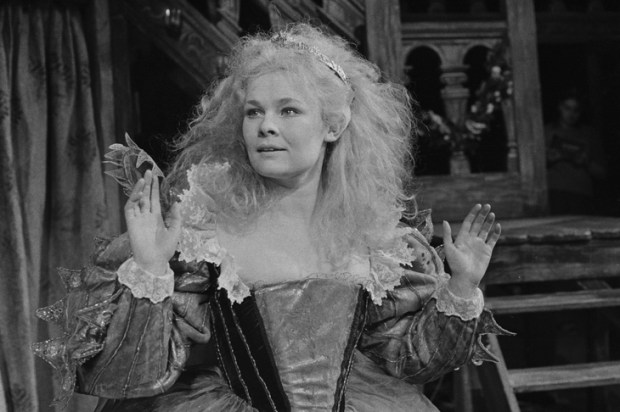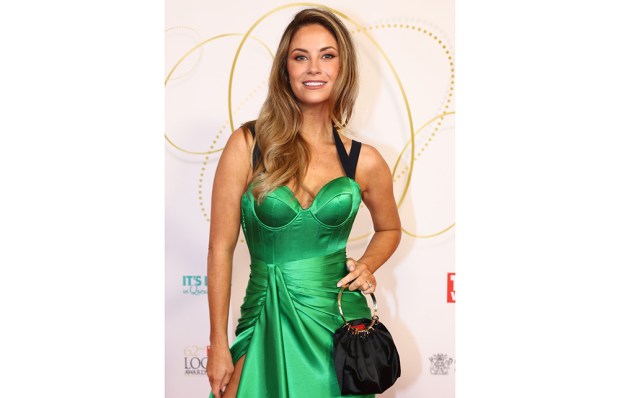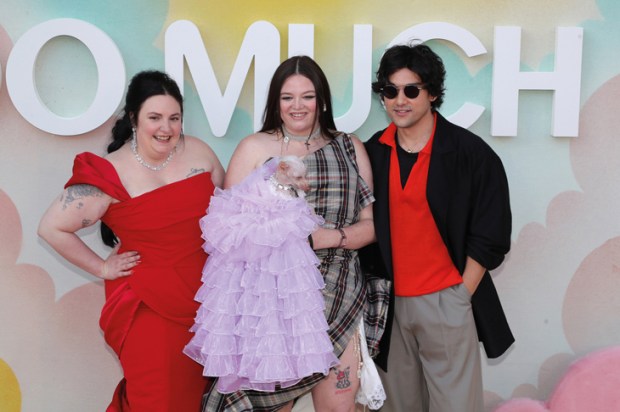What a strange experience it is for an ageing innocent adult to find himself in the plush and state of the art Rivoli cinema in Melbourne’s Camberwell with its comfortable seating and flawless sound watching Will Smith and his confreres in Bad Boys: Ride or Die a film you would not knowingly submit a middling teenager to if you were sensitive to insults to intelligence. Still, we’re told that Bad Boys with its shameless watchability is likely to do great business over the American summer where Furiosa is not exactly making a killing at the box office despite the presence of Chris Hemsworth and Anya Taylor-Joy, she of The Queen’s Gambit.
And it’s worth remembering the sheer pacing and style and stunning acting not least from Taylor-Joy in that superb show.
In fact we watch these things the way we read novels. They don’t usually have the sort of instant capacity to evaporate that Bad Boys has, a film in which everyone is shooting everyone else with incandescent brilliance and fatuity but also one where a chance reference to Reba McEntire is immediately followed by her singing the film series theme song (‘Bad Boys whatcha gonna do?’).
And it’s worth remembering how talented Will Smith is. Think of him in Six Degrees of Separation (1993) directed by Fred Schepisi with Stockard Channing and Donald Sutherland who died the other day.
There’s not much doubting that Benedict Cumberbatch is an extraordinary actor. There’s his performance in Jane Campion’s The Power of the Dog and his 2015 Hamlet at Britain’s National Theatre and then there’s that staggering performance in 2012 as Tietjens in the Tom Stoppard-scripted mini-series of Ford Madox Ford’s Parade’s End. Ford Madox Ford wrote The Good Soldier which is hard to beat for formal compositional perfection. In Parade’s End his tetralogy is a bit like a cross between Evelyn Waugh and James Joyce. And Cumberbatch’s performance as Tietjens is – manifestly – the work of a great actor.
Well, now he is in a streamer called Eric which grabs you by the throat with great power as it asserts its drastic vision of life. It is set in 1980s New York, the pre-Giuliani New York of Aids raging and uncollected garbage and a rank and ghastly sense of danger and depravity. It’s a world of tough guy cops, sometimes homicidally homophobic and sometimes like McKinley Belcher III nursing an older partner stricken by the killer disease. Cumberbatch plays a whimsical puppeteer – part of a troupe – and he is married to a sensitive woman, Gaby Hoffman, whom he drives mad.
And the central incident of Eric is an open invitation to derangement and grief of every kind because the couple’s nine-year-old son disappears – into what abyss of death or child slavery we do not know. His name is Edgar, he is very beautiful with the bounteous dark wavy hair, utterly characteristic of the period and the looming horror of the worst things in the world create a tension in Eric which make you gasp at the horror implicit in the appalling foetid days of the Big Apple.
It’s a weird, dark labyrinth of a streamer and if you watch the first three episodes of it you’ll keep going, despite every provocation to disbelief. Eric is created and written by Abi Morgan and directed by Lucy Forbes. It’s true that it has the sweeping insinuation of genius and with it the kind of ramshackle bizarreness of Elizabethan revenge drama but it’s a bit extraordinary the degree of colour and grandeur it plucks out of the improbabilities it parades and (to be fair) the luminous moments of revelation it gets out of the distortions it toys with as well as the human heroism it highlights.
The title comes from the puppet drawing the disappeared boy has made and who accompanies Benedict Cumberbatch everywhere commenting on his every action and idiocy in a booming Lee Marvin-type basso profundo. If this sounds a bridge too far into the absurd Eric is worth persevering with. Its licence creates extraordinary tableaux of feeling which would not be possible without its structural wildness and weirdness. And what extraordinary things it sets up in the midst of what stretches credibility. Parents offering rewards while exhibiting total insensitivity to loss and the fear of loss. A heroic black gay policeman counterbalancing Cumberbatch and a superb performance from Clarke Peters as a maintenance man.
Eric defies the very structures it invokes. The crowd of NYPD cops in a toilet, the death of one of them with a snatched sense of glory and physical magnetism. A witch-like creature willing to trade in child sex, people making their way through the iniquities that encircle them. This is a streamer full of gaps in the midst of ghastliness and although it has an element of caricature it’s also true that Eric’s reach exceeds its grasp because it exhibits a gigantism that is sometimes Dickensian and its exuberant grotesquerie is also sometimes Dostoyevskian in its sheer dramatic daring.
It’s almost as if this streamer is a collage of dramatic possibilities. But although the narrative strands don’t all connect satisfactorily they shine and shine in the midst of all the very potently evoked darkness and slime. How weird it is that this dislocated melodrama should create such a powerfully recognisable image of the capital city of the Western world in its days of maximal sordor and risk.
Of course New York was never as bad as this, though to be fair to Eric there is a wind of hope that blows through all the waxworks on show.
The logic of Eric is one of historical unearthing. It has a greater sense of reality than all the neat little clichés and formulae that are acceptable to us. And its dialogue at its frequent best has an eerie and clairvoyant quality that makes us put our faith in it.
Got something to add? Join the discussion and comment below.
You might disagree with half of it, but you’ll enjoy reading all of it. Try your first month for free, then just $2 a week for the remainder of your first year.













